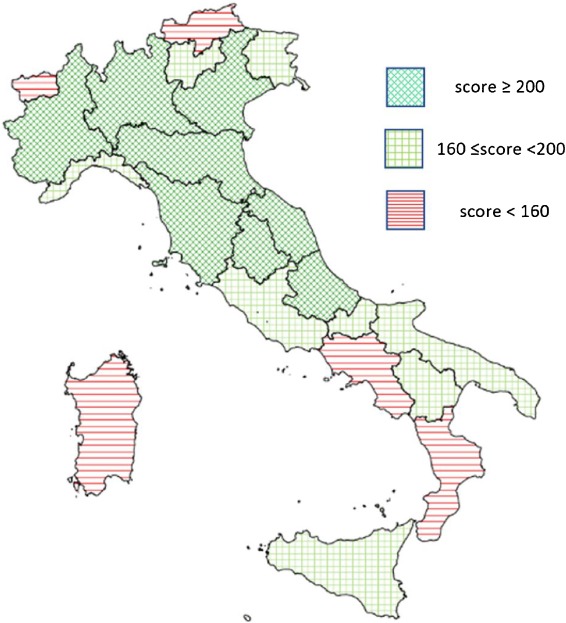Italy is renowned for its rich cultural heritage, stunning landscapes, and delicious cuisine. However, one of its lesser-known but equally important assets is its healthcare system. Whether you’re planning to move to Italy, spend an extended period there, or are simply curious about how healthcare works in the country, understanding the ins and outs of Italy’s healthcare and health insurance system is crucial.
Overview of Italy’s Healthcare System
Italy boasts one of the best healthcare systems in the world. The Servizio Sanitario Nazionale (SSN), or National Health Service, provides universal coverage to all residents, including expats. Funded through taxes, the SSN ensures that healthcare services are accessible to everyone, offering a wide range of medical services either for free or at a low cost.
Public Healthcare
The SSN covers a comprehensive array of services, including:
- General Practitioner (GP) Visits: Residents are entitled to choose their GP, who will be their first point of contact for medical issues.
- Specialist Visits: Access to specialists typically requires a referral from a GP.
- Hospitalization: Public hospitals provide high-quality care without charging for hospitalization, surgeries, or emergency services.
- Preventive Care: Immunizations, screenings, and other preventive services are often provided at no cost.
- Prescription Medications: Many prescription medications are subsidized, although a co-payment may be required.
Private Healthcare
While the public healthcare system is robust, many residents opt for private healthcare to access a broader range of services, shorter waiting times, and more personalized care. Private healthcare is widely available and offers high standards, often in state-of-the-art facilities. Private health insurance can help cover the costs of private healthcare services.
Health Insurance in Italy
Health insurance in Italy can be divided into two main categories: public health insurance and private health insurance.
Public Health Insurance
As part of the SSN, public health insurance is automatically provided to residents and those who contribute to the system through taxes. To access public healthcare services, residents need to register with their local health authority (Azienda Sanitaria Locale or ASL) and obtain a health card (Tessera Sanitaria).
Private Health Insurance
Private health insurance is an option for those who prefer to complement the public healthcare system with additional services or quicker access to specialists and treatments. Several insurance companies offer policies that cover a range of services, including:
- Specialist Consultations: Faster access to specialists without needing a GP referral.
- Dental Care: Coverage for dental treatments, which are not always covered by the SSN.
- Optical Care: Coverage for eye exams, glasses, and contact lenses.
- Hospital Stays: Enhanced comfort and privacy during hospital stays.
- Alternative Treatments: Coverage for treatments such as physiotherapy, chiropractic care, and acupuncture.
Healthcare Access for Expats
Expats living in Italy can access the SSN, but the process may vary depending on their status and country of origin. EU citizens can use their European Health Insurance Card (EHIC) for temporary stays, but for long-term residency, they will need to register with the SSN. Non-EU citizens must have a residence permit and register with the SSN to access public healthcare services.
Tips for Navigating the Italian Healthcare System
- Register with a GP: Choose a local GP and register with them as soon as possible to establish your primary healthcare provider.
- Understand the Co-Payments: While many services are free, some require co-payments. Familiarize yourself with these costs to avoid surprises.
- Consider Private Insurance: Evaluate the benefits of private health insurance to enhance your healthcare options.
- Keep Important Documents: Always carry your Tessera Sanitaria and any necessary medical records when visiting healthcare facilities.
- Learn Basic Italian: While many healthcare professionals speak English, learning basic Italian phrases can be helpful in non-emergency situations.
Conclusion
Italy’s healthcare system is a blend of public and private services designed to ensure that all residents have access to high-quality medical care. By understanding how the system works and considering the benefits of additional private health insurance, you can make informed decisions about your healthcare while living in Italy. Whether you choose to rely on the SSN or supplement it with private insurance, rest assured that you will be well taken care of in this beautiful country.
Universal Health Coverage in Italy: lights and shades of the Italian National Health Service which celebrated its 40th anniversary – ScienceDirect





